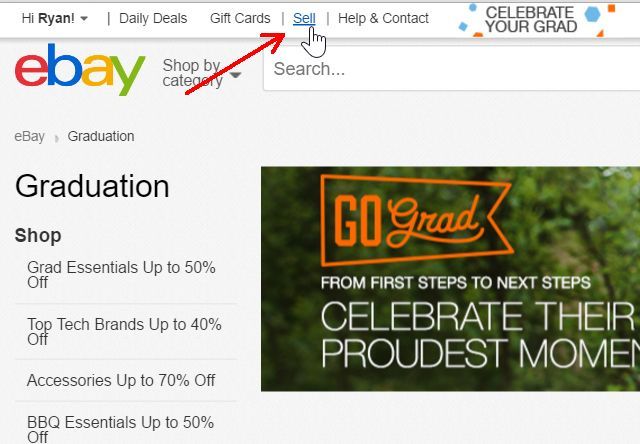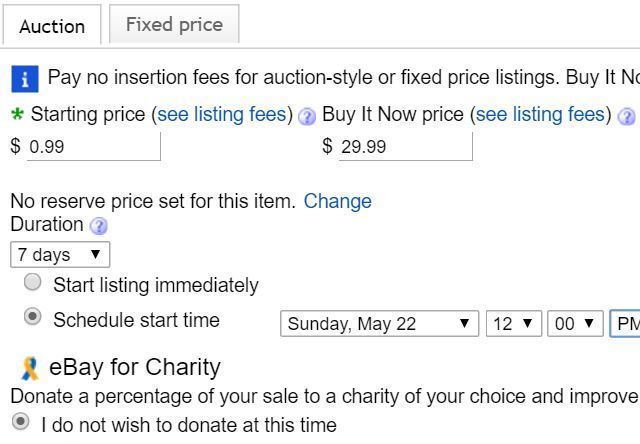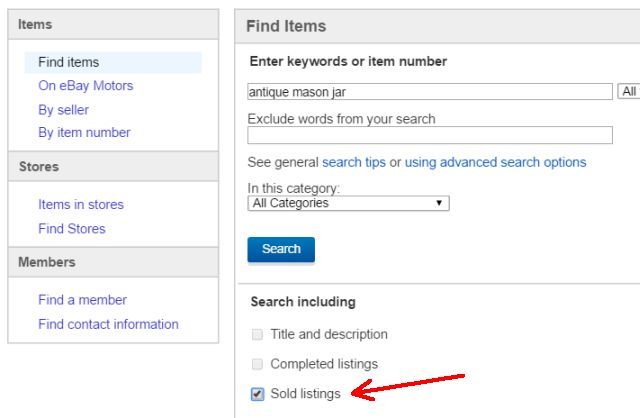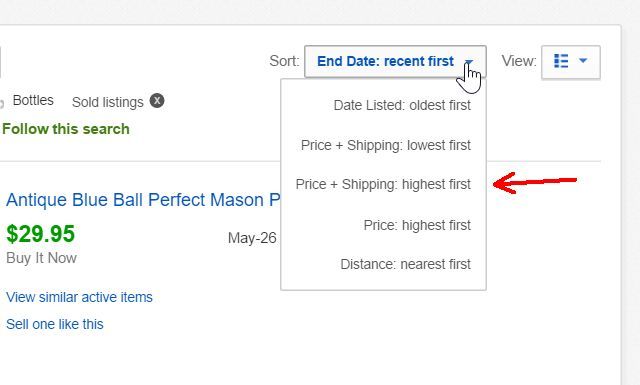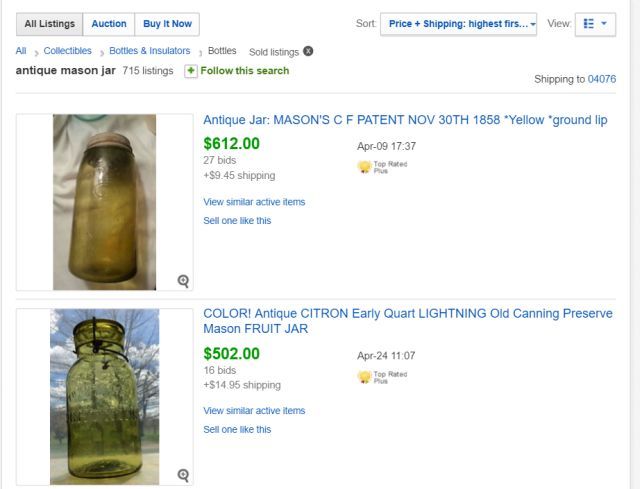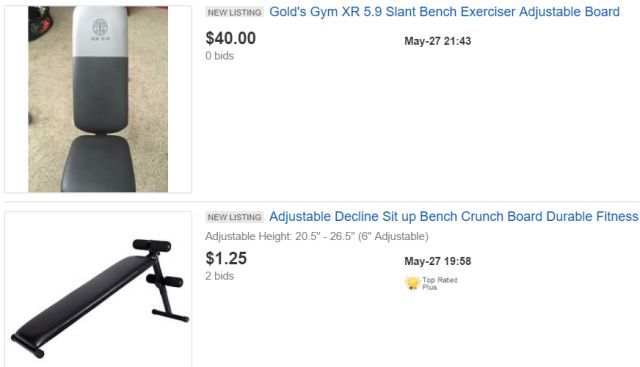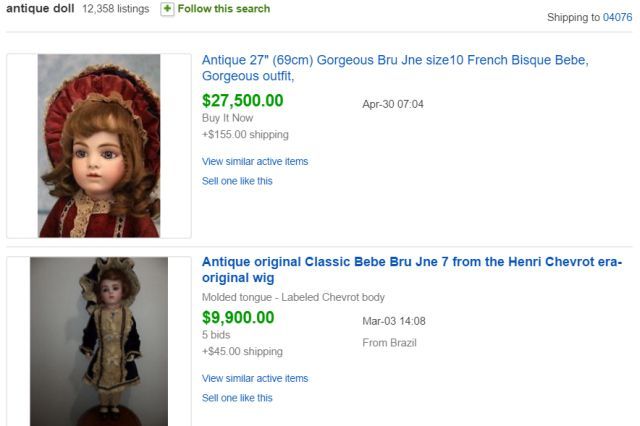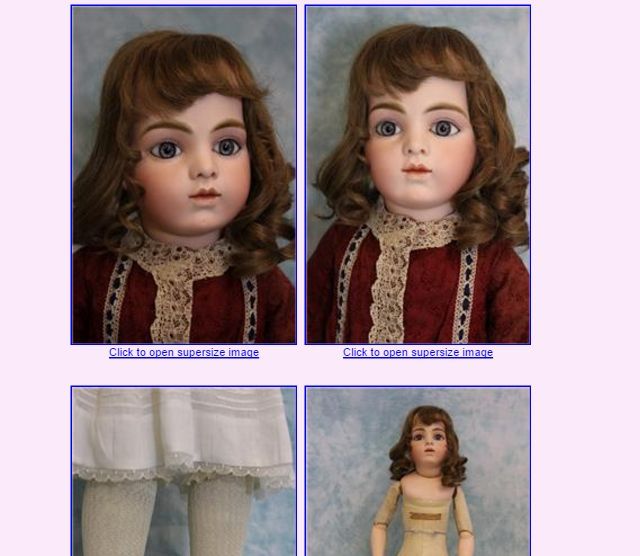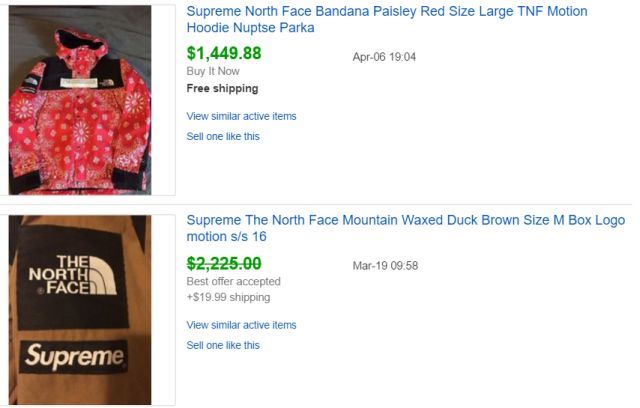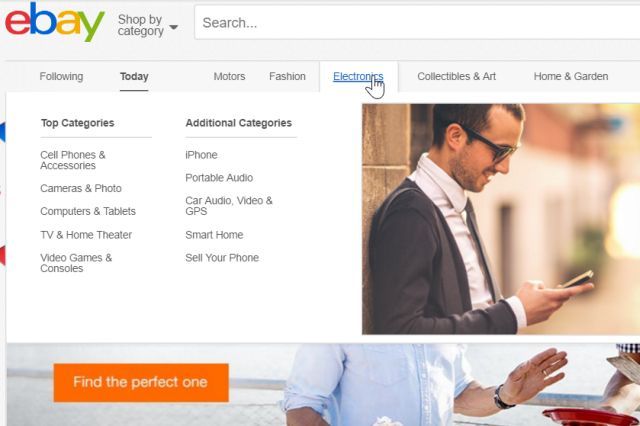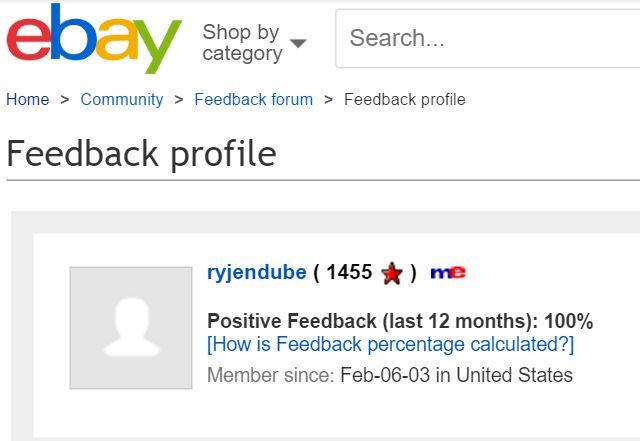At one point in my life, I was an eBay powerseller. I didn't sell hundreds of thousands of items, but I did sell hundreds over the course of a few years. And when I ran out of my own junk that I had in the basement, I started going to yard sales, and eventually to auctions. Over the course of time, I learned that a lot of factors come into play to determine how much you actually sell your item for.
As eBay has evolved, so have the requirements for successful selling. So whether you have a few items laying around the house that you'd like to list on eBay, or if you have a long term dream to be a massive powerseller, the following tips can help.
How People Make Money on Ebay
If you've never sold a single thing on eBay, you may be wondering how this stuff even works. How do you list something, how do people pay you, and what about shipping costs? Don't worry, it's really not all that complicated, and eBay will walk you through it when you start.
These days, selling is very fast and easy; you can choose to sell from a desktop, a laptop, a tablet, or even your smartphone. You select a category, give your item a title and condition, then write a description for what you're selling.
Finally you'll give your item a price and schedule when the auction will go up.
There are very important considerations to take into account when you're setting your price, choosing an item category, and scheduling your eBay listing. These are the things that we're going to dig into next.
Timing is Everything
That "schedule start time" field in the picture above is probably one of the most important factors that can affect the eventual sale price of your eBay listing.
If you believe the long-running "seller wisdom" that the majority of eBay sellers have been using for many years, then you probably think Sunday evenings are the best time and day to make sure your actions end. Even eBay published this advice right on its website as recently as 2013.
"To match your listing to the weekly peak in order to maximize bidding, list so that your auction will close on a Sunday evening between 8:00 PM eastern time and 10:00 PM pacific time."
Is this really true?
Well, if you consider that most sellers on eBay are following this wisdom, that fact alone has changed the whole game in recent years. Consider a paper published by the University of Pennsylvania [Broken URL Removed] which suggests that this community behavior may be shifting the real ideal listing time for clever sellers who pick up on it.
"If sellers neglect competition, they will tend to disproportionately choose to end their auctions during the times of day when more bidders are online."
The experiment described in the paper above involved the scientist looking at 11,796 auctions of best-selling DVD movies. What the researcher found was was that the one-size-fits-all entry point for selling on eBay is not true at all -- the optimal time of day to sell depends on too many factors to just generally claim that Sunday evening is the best day to end an auction.
"Consistent with competition neglect, it is found that (i) a disproportionate share of auctions end during peak bidding hours, (ii) such hours exhibit lower selling rates and prices, and (iii) peak listing is more prevalent among sellers likely to have chosen ending time strategically, suggesting disproportionate entry is a mistake driven by bounded rationality rather than mindlessness."
What does this mean for you? It means that if you really want to sell that item for more money, you need to take some time to do your research. How do you do such research? It's actually not that hard. They key is to search sold item auctions for similar items to what you're selling.
You can access sold items by clicking on Advanced Search, typing your product into the keyword search field, then checking off the Sold listings box.
On the results page, you'll want to sort the results with the the highest Price + Shipping option -- this shows you the best prices items sold for.
Many people use sold item listings to look up typical prices that their item sold for, but now many sellers go a step further and check for a pattern revealing what day of the week and time of the day the highest selling auctions ended on.
Opening up a calendar window and scanning down the sold item listings quickly revealed that antique mason jars tend to sell at the highest prices when ending any day between Friday and Monday, some time between 15:00 and 17:00 Pacific time.
This doesn't take into account the fact that there may be limited sellers posting items at limited times, but it at least shows you when there's a captive audience looking for these kinds of items, and actually buying them. It only takes a few moments to conduct this search and scan down sold listing dates, but those few moments could earn you sales that are significantly higher than usual.
Why Starting Price is Important
When you list an item on eBay, you'll need to make the difficult decision of what price to list your item for. eBay took the world of selling things and turned it upside down onto its head. It was a truism for many years, for most sales experts, that you wanted to start sales negotiations with a higher starting price in order to anchor yourself at a strong starting point.
On eBay, that premise doesn't hold true.
Adam Galinsky, an associate professor at Northwestern University's Kellogg School of Management, explained to the Chicago Tribune how his study of eBay's selling model forced an entire rethinking of that strategy.
"In our lab studies, people were more interested in entering the auction with the lower starting price. This reduced barriers to entry. Once people enter an auction, two psychological processes occur: one to people that entered the auction, the other to people not yet in the auction."
In other words, the whole point of the starting price on eBay is to attract more buyers at the very start. Once those buyers take the action of placing a bid (or even just "watching" the auction), they've committed to your auction and are much more likely to bid more later.
Galinsky describes it as "trapping" buyers.
"Early bidders get trapped, because they've spent time and energy in the auction, and it motivates them to spend more time and energy on that auction."
The problem as a seller is that starting low incurs a great deal of risk. There is always the possibility for the item to sell for less than what you're hoping to get for it, but at the same time, if you've scheduled it well, then the odds are pretty good that it will sell at a good price.
If you browse new listings on eBay, you'll see which buyers can endure higher risk compared to others. Take these exercise bench listings, for example.
The first seller created a starting bid of probably what they spent on the bench themselves. However, the second seller took a gamble and launched the auction at 99 cents. Within the first few hours, there are already two bids. That's two buyers who, right off the bat, took action and chose to engage with this auction -- likely following it and bidding on it right up until the very end. When other people see bidding activity on an item, they're more likely to take interest as well -- possibly sparking a bidding war and an unnaturally high sell price.
If you don't have the stomach for this level of risk, you can always start an auction at a very, very low price, but then place a "reserve" on the auction. A reserve is a price that bidding must reach before you agree to actually sell it. This can reduce risk, but there are two major downsides -- there is an extra eBay fee for placing a reserve, and if you set a reserve price that's too far above your starting price, buyers get frustrated and stop following your auction, so use the "reserve" feature wisely.
Presentation is Key
This can not be stated enough: the number one element of any auction listing that can make or lose a sale is the presentation of the item for sale. The quality of your selling page has the biggest impact on the final price above every other factor.
To see this in action, let's take a look at successful auctions for antique dolls.
If you look at most of the very high-priced items, one thing that they often have in common is that the seller has taken the time to detail everything they feel the buyer needs to know about the item.
And that information is most often presented with a beautiful, relevant background image, formatted will with a title and headers, and well-written.
Another sign of a good seller that people flock to buy from is lots of clear pictures from all angles and including all aspects of the product, with the ability to view close-up features of that product.
You don't necessarily have to pay the extra fees to eBay to provide "supersize" images, but you should definitely take pictures that are close-up and show everything a potential buyer would want to see. This lets buyers feel like they're actually in a store, holding and examining the item in person. This increases the buyer's confidence and dramatically improves the odds that they'll decide to bid on your item. And the more people you can convince to bid, the higher your final price will go.
By contrast, you'll find the bottom-selling antique dolls -- many of which are highly collectible and should have sold for much more -- sold for a measly few dollars, and hardly one or two bids, simply because the seller didn't take the time to produce a high quality, descriptive listing.
Other Ways to Sell for More
While the factors above will have the biggest impact on your final sale price, there are a lot of other things to take into account.
Popular Brands Sell Better (Obviously)
This kind of goes without saying, but it must be said -- if fashion brands like North Face, Oakley and Abercrombie are so popular in real life, then you can just imagine how popular they'll be on eBay.
If you're at the stage of your eBay selling career where you're actually going out to places like yard sales or auctions and looking for things to sell on eBay, you'll want to do your research ahead of time and find what brands or products tend to sell for a hefty price on eBay. Focus on finding and selling more of those, and you'll do quite well.
Choose the Right Item Category
There are many categories and subcategories on eBay, so it's important to list your item where it belongs.
This is not only true for the logical reason that listing your item in the wrong category will result in far fewer viewers for your auction, but because some people who regularly monitor eBay for things like antiques and collectibles usually return to specific categories again and again looking for newly listed items.
When you put your item in the right category, you stand a chance of catching the eye of these regular collectors -- and those are the ones who can drive up the final sale price significantly.
Your Reputation Matters
One of the more important factors that can influence whether a buyer decides to bid or not is your reputation on eBay. The only real way people know whether or not you're a reliable seller is if past buyers have been satisfied with your sales. This is where the eBay feedback rating comes into account.
Building a high feedback rating with a positive feedback rate of over 95% is very hard. It requires that you sell a lot of items, you are always responsive to any customer complaints, and you immediately issue refunds on any items that have flaws or damage that you missed when you listed it.
Your items don't all have to be perfect, but your standards of customer service do. Remember the truism that the "customer is always right," and you'll build that strong positive feedback rating over time.
As the number of items you sell goes up, and if you keep making your customers happy and posting positive feedback, over time you'll notice that your sale prices keep climbing higher and higher. Remember: happy customers attract more customers, without fail.
Are you an eBay seller? What tricks have you found that lead to higher final sale prices? Share some of the lessons you've learned on eBay and help out your fellow sellers!
Image Credit: excited with his success by Studio 52 via Shutterstock


